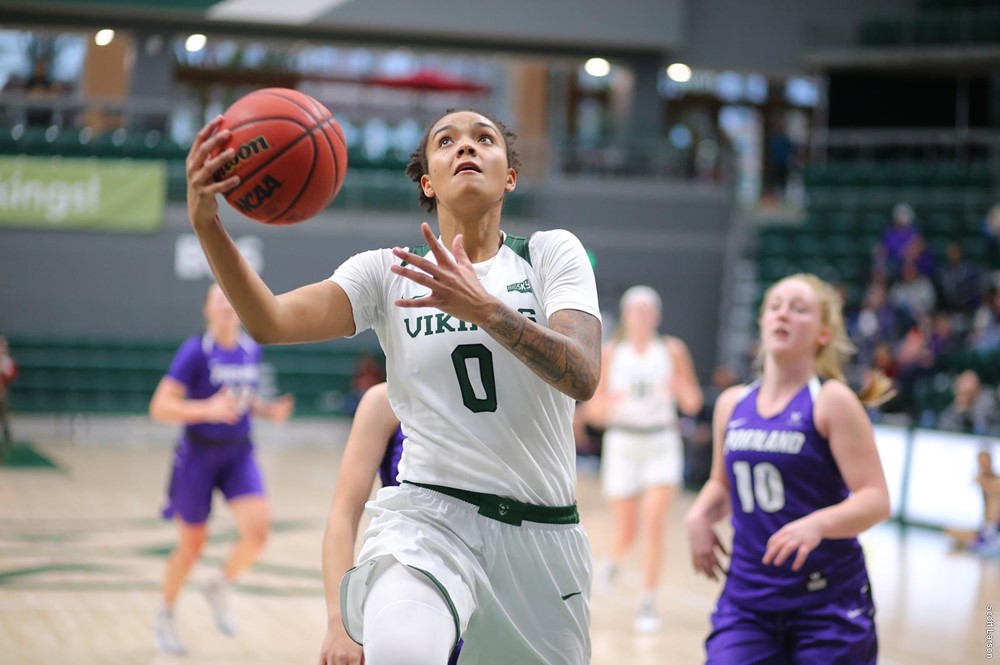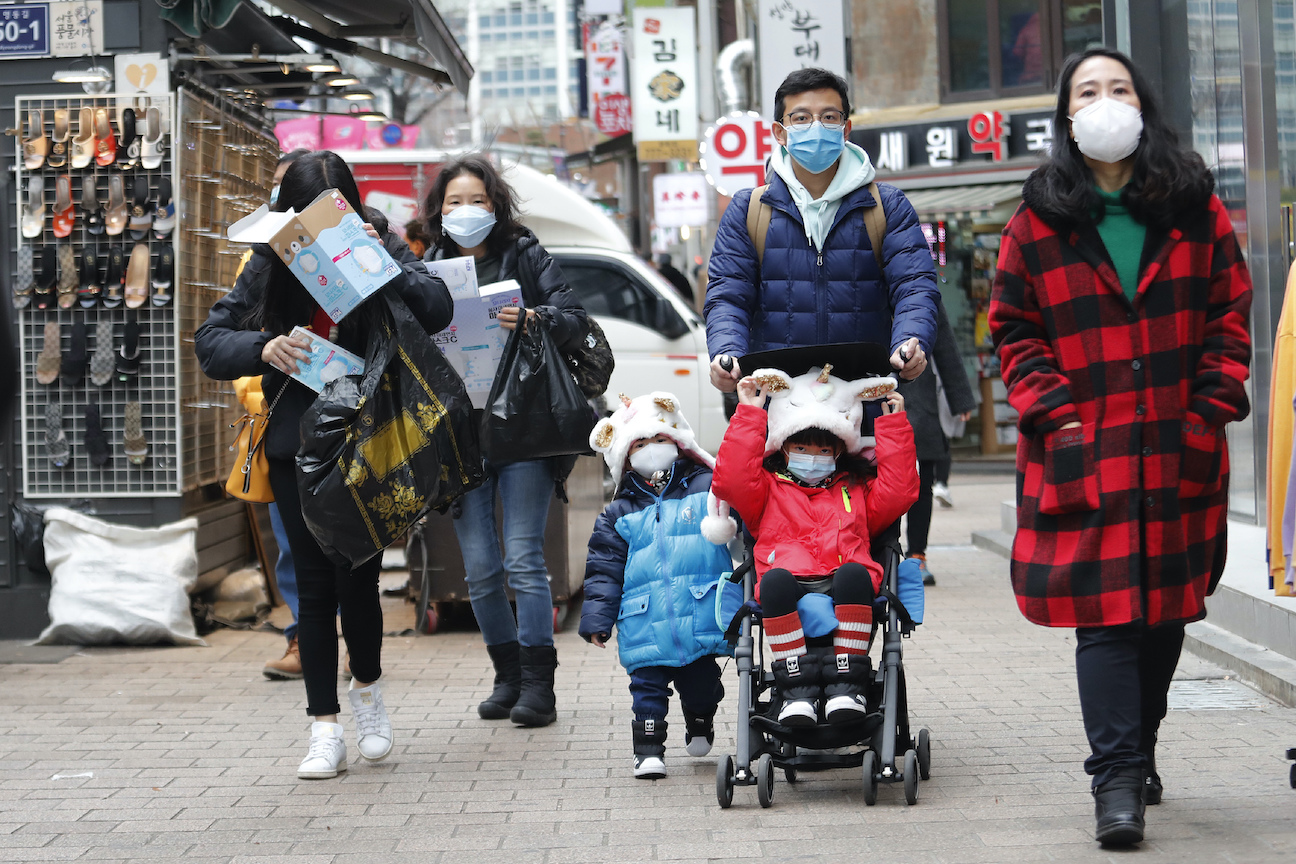INS steps up regulations
In the name of national security, schools soon will be required to keep a closer watch on foreign students.
Starting Jan. 30, colleges, universities, vocational institutes and high schools will have to tell federal authorities if international students don’t turn up on campus when expected.
The schools also must submit to inspections and contribute to a new database that aims to track the almost 600,000 foreigners in the United States on student and academic exchange visas.
If schools don’t comply with the rules, they won’t be able to bring in foreign students.
College officials nationwide have wondered whether the $37 million system, designed swiftly in the wake of the Sept. 11 terrorist attacks, will work smoothly when 5,000 or more schools try to tap in at the end of this month. If it doesn’t, they fear it may discourage some foreign students from teaching in the United States.
“There has not been a lot of time for testing … and there’s real concern about what the impact of (any potential problems) will be on students and then on programs,” said Ursula Oaks, a spokeswoman for NAFSA: Association of International Educators, a group of administrators of college and university international education programs. “We take it very seriously to do our part for national security, (but) we need to find a balance with being able to achieve that and also continuing to be open to international students.”
Over the past half-century, U.S. schools have welcomed a stream of students from overseas, swelling from about 34,000 in 1955 to 583,000 last year, according to the Institute of International Education, a prominent private group.
Some academic fields, especially in science and engineering, now draw heavily on international students. So do some schools’ budgets, particularly as foreign students mostly pay full tuition. They poured almost $12 billion in tuition and living expenses into the U.S. economy last year, according to NAFSA.
But some critics say importing students drains resources from U.S. students, trains foreigners in fields that could compromise national security and is too convenient a vehicle for entering the country.
Immigration officials historically haven’t scrutinized students too closely, requiring schools to provide such information as foreign students’ addresses only on request, according to U.S. Immigration and Naturalization Service spokesman Chris Bentley.
But government leaders called for crackdowns on student visas after the Sept. 11 terrorist attacks. One suspect had a visa to go to language school but never went to class. Two others had taken courses at a Florida flight school.
The attacks rushed the new student tracking system to a front burner, though it actually had been planned since a previous act of terrorism, the 1993 bombing of New York City’s World Trade Center.
The new rules take effect Jan. 30 for future students, and Aug. 1 for all students.
Local colleges and universities say no-shows are rare.
“When you’ve gone through all these processes to get in, you’re going to show up,” said Barbara Bryan, an associate vice president at Broward Community College.
Bentley wouldn’t explain how the INS plans to find wayward foreign students.
While the new rules affect schools more directly than they do students, they are seen as a sign that foreign students’ comings and goings will be reviewed much more closely. Nova’s Ferguson has been warning international students that oversights in their paperwork could send them home.




